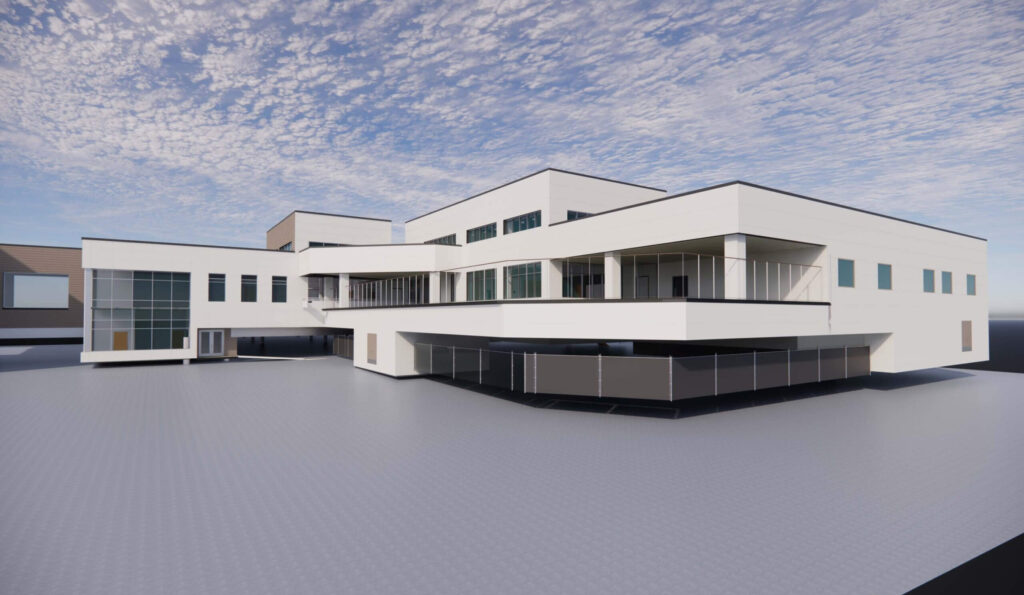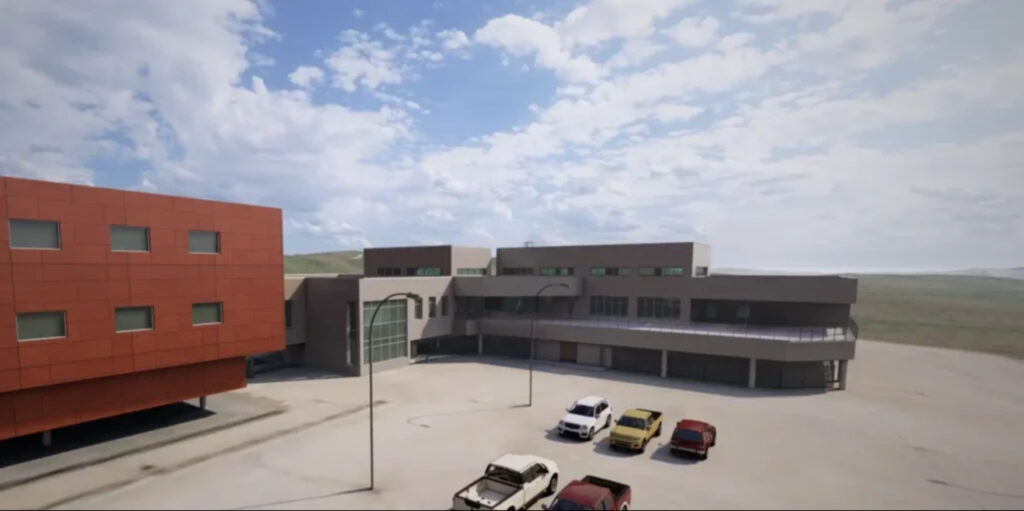The Quyanna Care Center (QCC) in Nome is undergoing a major expansion to meet rising demand for elder care in the Bering Strait region. Managed by Norton Sound Health Corporation, the project will add 12 new beds and 14,452 square feet of upgraded space, including larger rooms, a new nurse station, kitchen, and outdoor deck. Construction began in 2024 and is expected to finish by fall 2025. Once completed, the expansion will reduce long waitlists and create new long-term jobs for local healthcare and support staff.

Beyond healthcare outcomes, the project is generating significant local economic benefits. Dozens of short-term construction jobs have already been created, including roles for carpenters, plumbers, electricians, HVAC technicians, and logistics coordinators who are critical in Nome’s remote supply environment. Once the facility is complete, it will support additional long-term employment, including nurses, certified nursing assistants (CNAs), administrative and maintenance staff, food service workers, and rehabilitation specialists. These roles will not only improve elder care but also provide meaningful job opportunities for local residents, especially those seeking stable careers in the healthcare sector.

By fall 2025, the expanded Quyanna Care Center will reopen its doors with a renewed capacity to care for elders who would otherwise need to leave the region for treatment. For many families, this expansion means a loved one can age in place, close to their community, language, and way of life. It’s not just a building project; it’s a promise to uphold dignity, connection, and continuity of care for generations to come.
